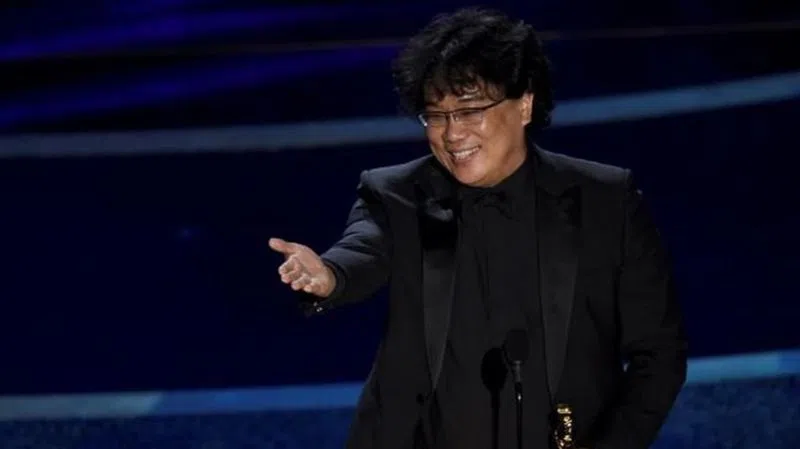
‘Parasite’ director Bong Joon Ho wins best director Oscar
LOS ANGELES — Writer-director Bong Joon Ho made Oscar history Sunday night, capturing Oscars for best director and best international feature with his dark comic thriller, “Parasite,” the first South Korean film to win an Academy Award in any category.
In capturing the best director Oscar, Bong beat out a cast of previous winners and film legends that included Martin Scorsese, Quentin Tarantino and Sam Mendes, and he paid tribute to all of them in his acceptance speech.
“When I was in school I studied Martin Scorsese’s films. Just to be honoured was a huge honour. I never thought I would win,” he said. “When people in the US were not familiar with my films Quentin always put my films on his list.”
He also praised fellow nominees Sam Mendes and Todd Phillips as “great directors” he admires, adding he wished he could take a “Texas chain saw” and cut the Oscar into five pieces so all the nominees could share it.


